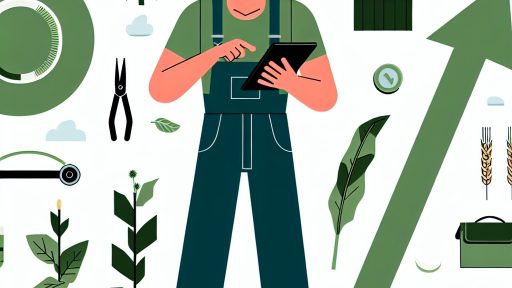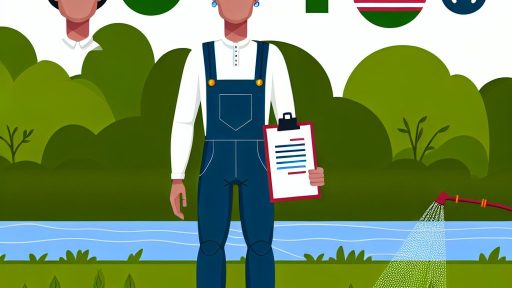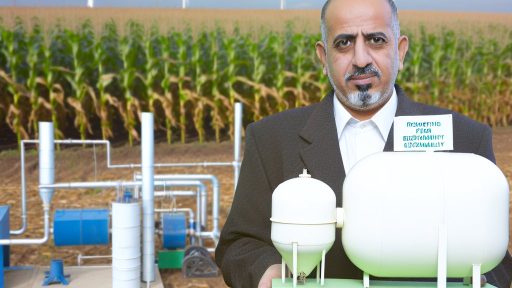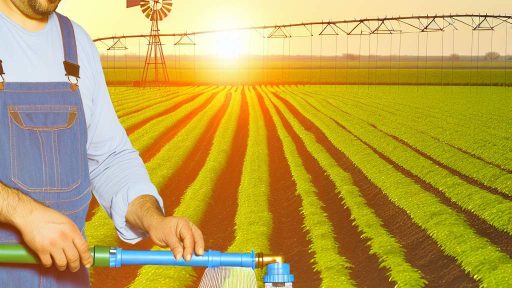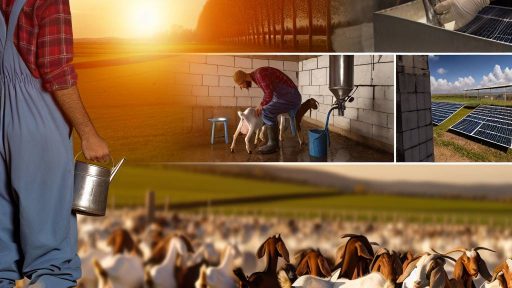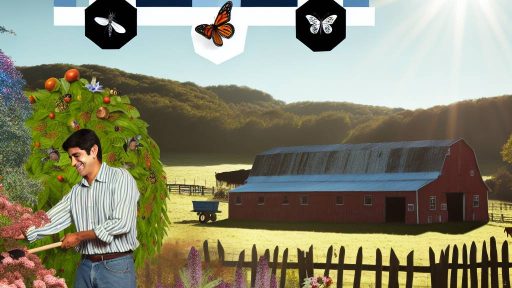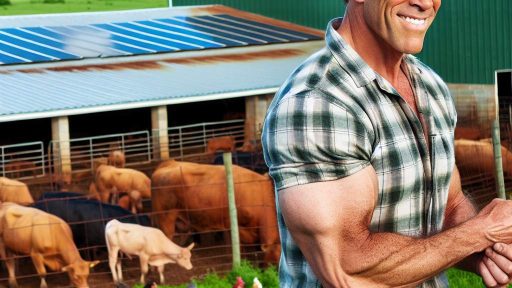Sustainable Farming Practices
Embracing Sustainable Farming Practices for a Greener Future
Sustainable farming practices are essential for preserving the environment while ensuring food security.
In an era where the impact of agriculture on the planet is more scrutinized than ever, adopting eco-friendly methods is not just a choice but a necessity.
This guide explores various sustainable farming practices that can be implemented to promote environmental health, enhance food production efficiency, and support the well-being of future generations.
Key Sustainable Farming Practices
Crop Rotation
- Benefits: Reduces soil erosion, improves soil fertility, and helps control pests and diseases.
- Application: Planting different crops sequentially on the same plot of land.
Conservation Tillage
- Advantages: Minimizes soil disturbance, preserving soil structure and moisture.
- Techniques: No-till or reduced-till methods to maintain organic soil layers.
Agroforestry
- Impact: Combines agriculture and forestry to enhance biodiversity, reduce erosion, and improve air and soil quality.
- Strategy: Integrate trees and shrubs into agricultural landscapes.
Integrated Pest Management (IPM)
- Objective: Manage pests in an environmentally safe manner.
- Approach: Combining biological, cultural, physical, and chemical tools to minimize pest populations.
Enhancing Soil Health
Healthy soil is the foundation of sustainable agriculture.
Practices aimed at improving soil health can significantly increase crop productivity and environmental resilience.
Cover Cropping
- Purpose: Protect and enhance soil fertility during off-season.
- Method: Growing crops specifically for soil health rather than for sale.
Organic Fertilizers
- Choice: Use compost, manure, and other organic matter to enrich soil.
- Benefit: Reduces chemical runoff and builds soil organic matter.
Water Conservation Techniques
Water scarcity is a growing concern worldwide, making water conservation in farming practices critical.
Drip Irrigation
- Efficiency: Delivers water directly to the plant roots, reducing evaporation and runoff.
- Result: Water savings and improved plant health.
Rainwater Harvesting
- Collection: Capturing rainwater for irrigation purposes.
- Advantage: Reduces dependence on groundwater and surface water sources.
Embracing Renewable Energy
Incorporating renewable energy sources reduces the carbon footprint of farming operations.
Solar Power
- Use: Powering irrigation systems and farm buildings with solar panels.
- Outcome: Decreased reliance on fossil fuels and reduced energy costs.
Biomass Energy
- Source: Converting crop waste and animal manure into energy.
- Impact: Provides a renewable energy source while managing waste.
Conclusion
Sustainable farming practices offer a pathway to harmonize agricultural production with environmental conservation.
By adopting methods like crop rotation, conservation tillage, and integrated pest management, farmers can contribute to a healthier planet.
Moreover, focusing on soil health, water conservation, and renewable energy usage not only supports sustainability but also promotes economic viability for farmers.
As we move forward, embracing these practices will be crucial in facing the challenges of climate change and global food security.

